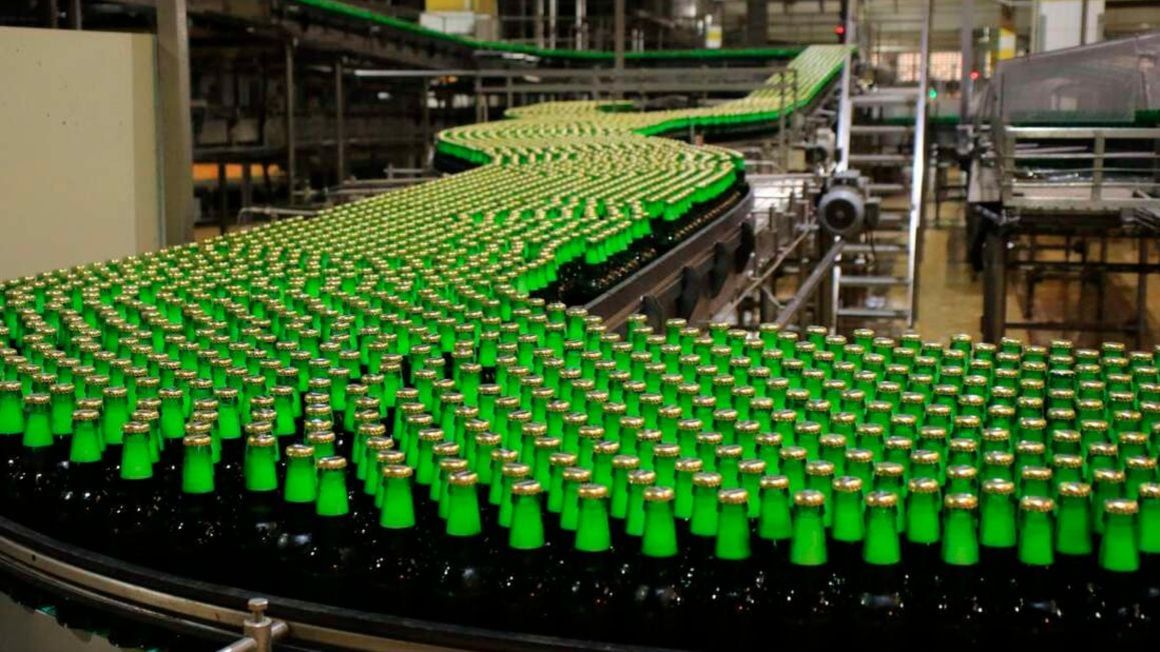
Beer production line at the EABL plant in Ruaraka, Nairobi. FILE PHOTO | JEFF ANGOTE | NMG
The tax relief that East African Breweries Plc (EABL) enjoys on its low-end beer brand Senator has dropped by Sh23.8 billion in three years after the government cut the incentive.
A new report by the National Treasury shows that tax expenditure or the value of revenue foregone by the government due to tax reliefs on beer made from sorghum, millet and cassava, dropped to a new low of Sh18.4 billion in the fiscal year ended June 2021.
This was down from a high of Sh42.2 billion in 2018. In Kenya, EABL’s Senator Keg is the only known beer made from sorghum and was first introduced into the market in 2004.
Read: Early bidders to get priority as Diageo buys EABL shares
Tax refunds for Senator Keg have been declining due to a decision by the State to cut excise duty remission, initially by 50 percent in 2013.
This introduction of the 50 percent excise duty on Senator Keg saw EABL cancel contracts with sorghum farmers and even stop production of the beer noting that it was not financially viable.
The remission was in June 2015 increased to 90 percent before the government reduced it to the current rate of 80 percent three years later.
The fall in excise tax remission triggered a price rise in low-end end beer.
EABL, which is majority owned by Diageo, launched the Senator beer brand to tap demand from consumers with constrained spending power.
The excise duty remission was first introduced by the government in 2006 at 100 percent, making the drink popular among low-income consumers.
The popularity of the drink meant that the government paid the most tax refunds to EABL.
But with the reduction in the relief, total tax expenditure in respect of domestic excise duty also decreased substantially from Sh48.4 billion in 2017 to Sh31 billion in 2021.
It then declined to Sh39 billion in 2019 and Sh26.5 billion in 2020. The National Treasury has partly attributed the downward trend in tax expenditure on Keg beer to reduced demand for the liquor.
Read: EABL stock price hits 52-week high on Diageo purchase plan
Since its launch, except when the government introduced taxes on the drink, the brand controlled 40 per cent of the Kenyan beer market.
→ dakure@ke.nationmedia.com




No comments :
Post a Comment